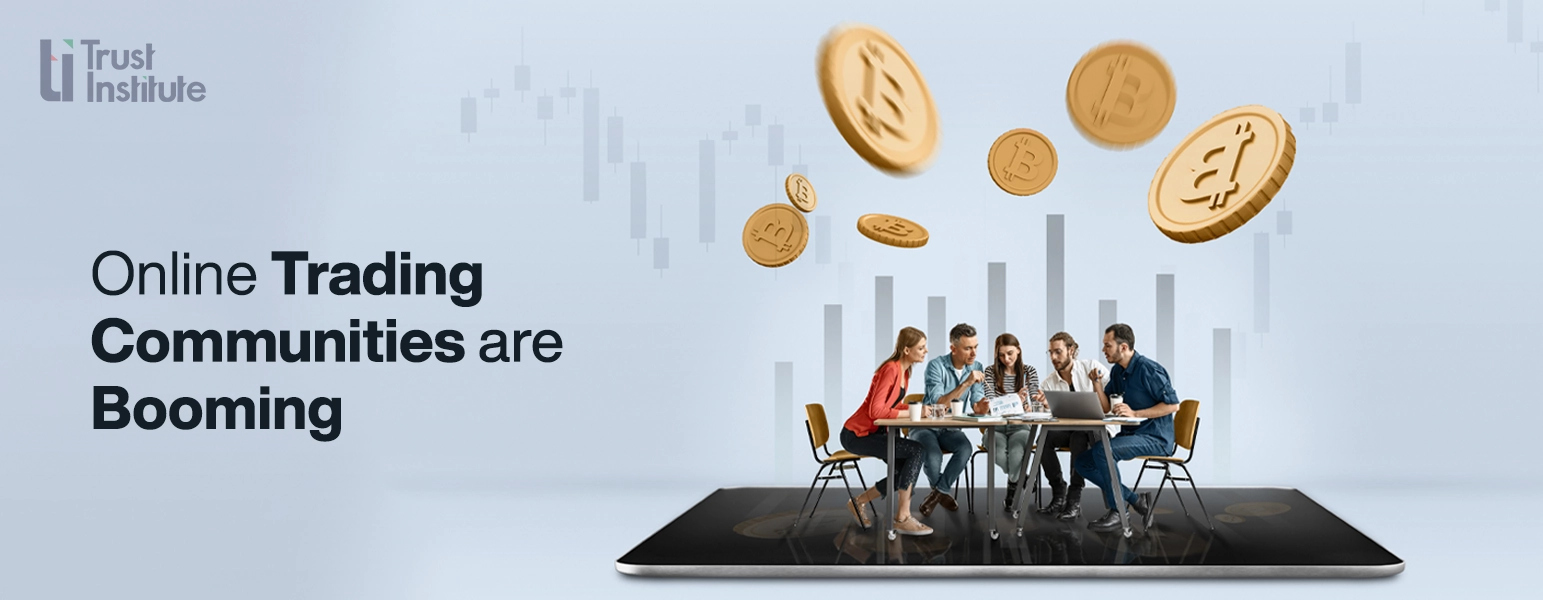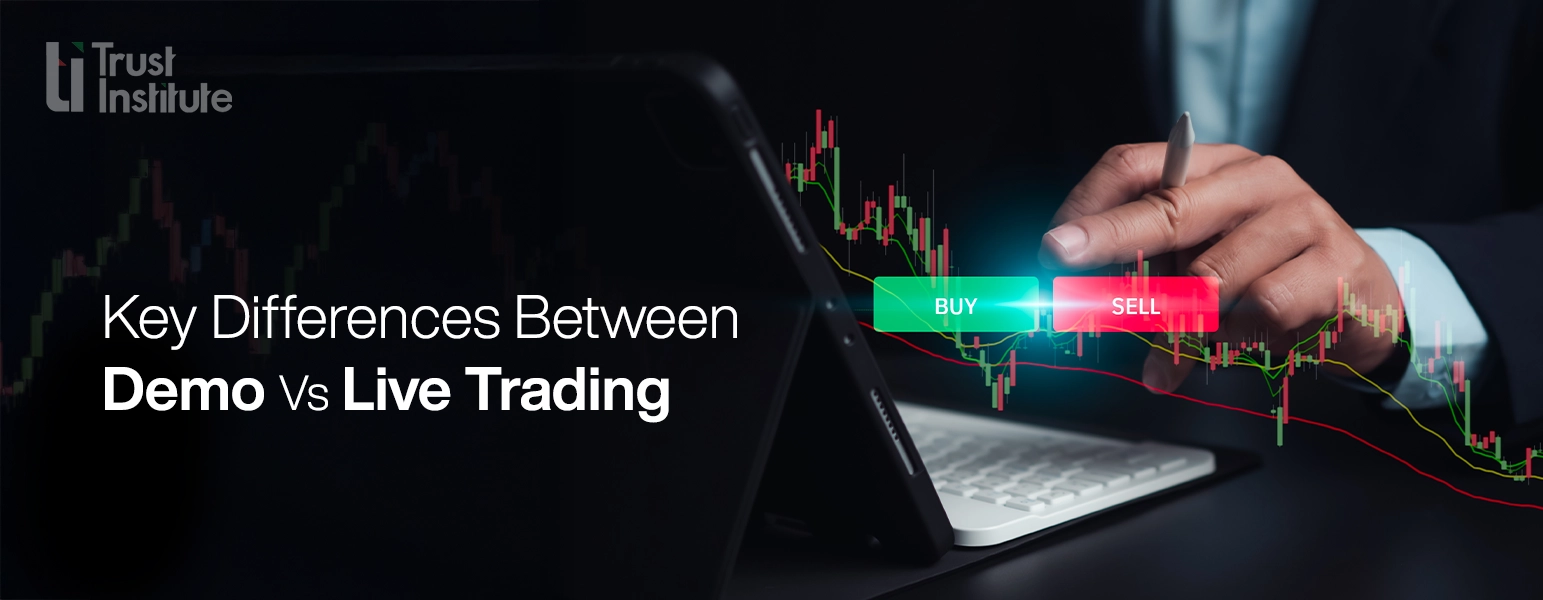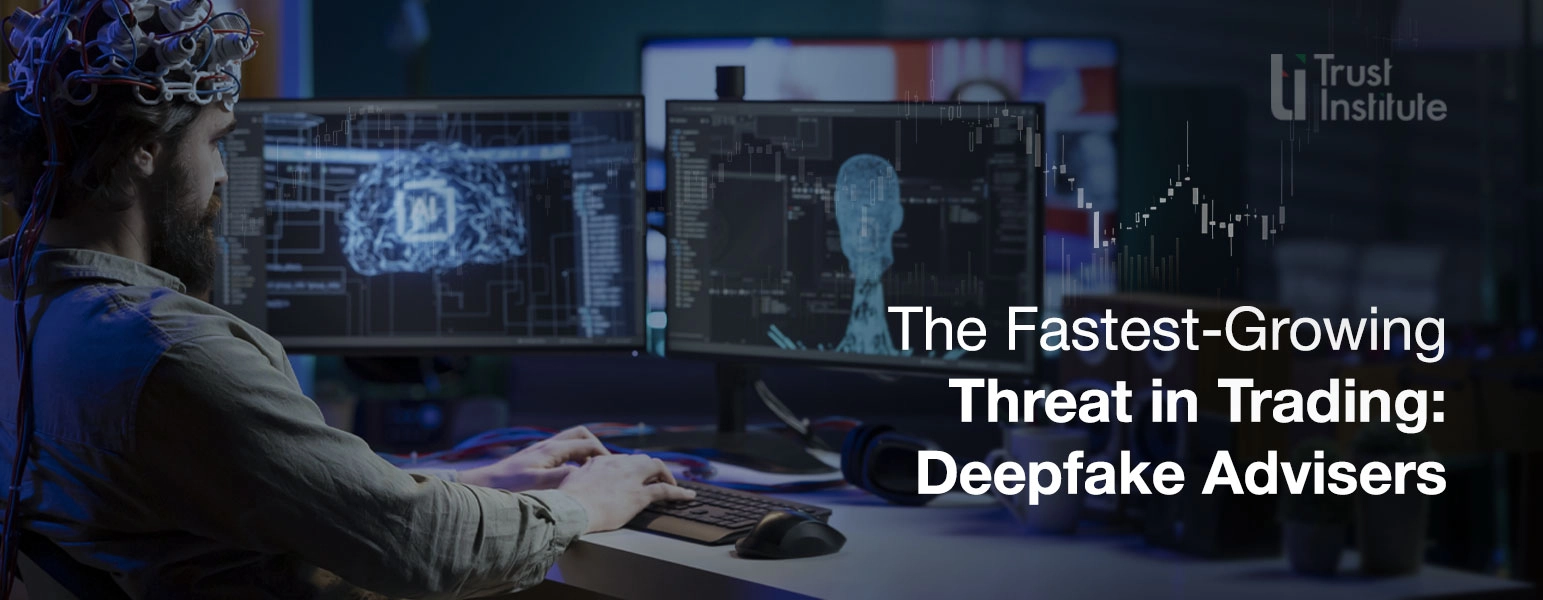Explore the world of financial trading and
gain the knowledge and tools for success with our expertly
written articles and blogs.

Why Friendly Trading Groups Are the New Danger Zones

Online trading communities are booming. From Telegram to WhatsApp, groups filled with like-minded forex traders promise tips, signals, and instant profits. Yet, beneath the friendly conversations and shared excitement, these spaces are often danger zones. Understanding how these communities affect decision-making — and recognizing the risks — is essential for every trader.
Trading psychology in forex groups: the hidden trap
Successful trading depends on discipline and rational thinking. But trading psychology in forex groups often shifts from independence to herd mentality. Instead of following a personal trading plan, traders mimic what the majority is doing. This peer pressure fuels impulsive decisions and undermines critical thinking — a major factor in why forex traders lose money.
Forex trading signal groups: danger in disguise
Many beginners join forex trading signal groups hoping to shortcut the learning curve. But the forex trading signal groups are real: signals may lack transparency, accuracy, or even basic risk management. Some signal providers prioritize growing paid memberships over providing quality trade setups. This dependency stops traders from developing their skills, leaving them vulnerable when signals fail.
The real risks of trading communities online

While social trading platforms and chatrooms offer convenience, the risks of trading communities online are often underestimated. Traders are exposed to exaggerated success stories, false claims of “guaranteed profits,” and unverified mentorship offers. These spaces normalize high leverage, poor money management, and emotional decision-making. The result? More traders are making emotional trading mistakes in forex and draining their accounts faster than they realize.
Why forex traders lose money in social groups
Many wonder why forex traders lose money despite having access to free education and trading tools. A key reason is misplaced trust in strangers online. Emotional support may feel good, but decisions based on group consensus rarely work in volatile markets. Emotional trading mistakes in forex — fear of missing out (FOMO), panic selling, revenge trading — multiply inside group settings where everyone feels the need to prove themselves right.
Social media forex trading traps to avoid
On Instagram, YouTube, and TikTok, traders flaunt screenshots of massive wins. These social media forex trading traps lure newcomers into believing that joining a group or copying trades guarantees success. What’s rarely shown are the losses, blown accounts, or sleepless nights. Many of these influencers profit more from selling signals and courses than from trading itself.
Forex mentorship vs real learning
Good guidance can help, but traders must distinguish between forex mentorship vs real learning. A real mentor teaches trading psychology, market structure, and risk control. In contrast, fake mentors simply provide calls or sell overpriced “secret strategies.” True education builds independent traders, while shallow mentorship keeps followers dependent — and broke.
Trading signals vs independent strategy: which wins?

It’s tempting to rely on external tips, but when comparing trading signals vs an independent strategy, the long-term winner is clear. Signals may deliver short-term gains, but they don’t teach how to adapt when conditions change. Developing an independent strategy gives traders control, confidence, and the ability to evaluate trades objectively — something no group can hand over.
The Bottom Line
Friendly trading groups may seem supportive, but they often create a false sense of security and promote dangerous habits. Trading psychology in forex groups leads to conformity, forex trading signal groups danger that keeps traders dependent, and social media forex trading traps distract from real learning. The risks of trading communities online are high, and they explain why forex traders lose money.
In the end, the only sustainable path is mastering your system. Skip the hype, avoid emotional trading mistakes in forex, and choose skill-building over blind trust. When you weigh forex mentorship vs real learning or trading signals vs independent strategy, always choose education and independence. Your discipline — not a friendly group — is your real edge in forex trading.
All blogs
©TRUST TRAINING AND DEVELOPMENT INSTITUTE 2026
Disclaimer: Trust Institute is a KHDA-licensed educational institution based in Dubai, UAE. All training programs, materials, and content offered through our website and in-person sessions are provided strictly for educational purposes. We do not offer financial or investment advice, and we do not engage in or promote any trading activity.
Our courses are designed to increase knowledge and understanding of financial markets. Trust Institute is not a brokerage firm, does not manage client funds, and does not participate in any trading on behalf of its students.
Participation in financial markets, including Forex trading, involves significant risk and may not be suitable for everyone. Individuals are encouraged to conduct their own research and consult with licensed financial professionals before making any financial decisions.
By accessing our content or enrolling in our courses, you acknowledge and accept that Trust Institute is not liable for any financial outcomes resulting from the application of educational material shared. You agree that your use of this information is at your own discretion and responsibility.
Trust Institute is fully licensed and regulated by the Knowledge and Human Development Authority (KHDA) in Dubai, United Arab Emirates.



















































